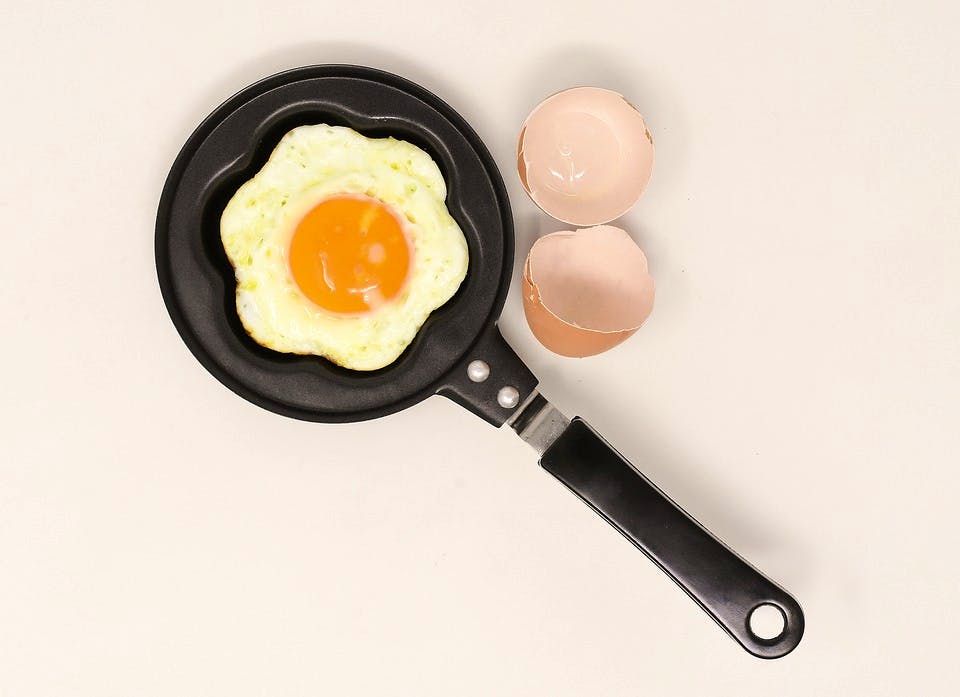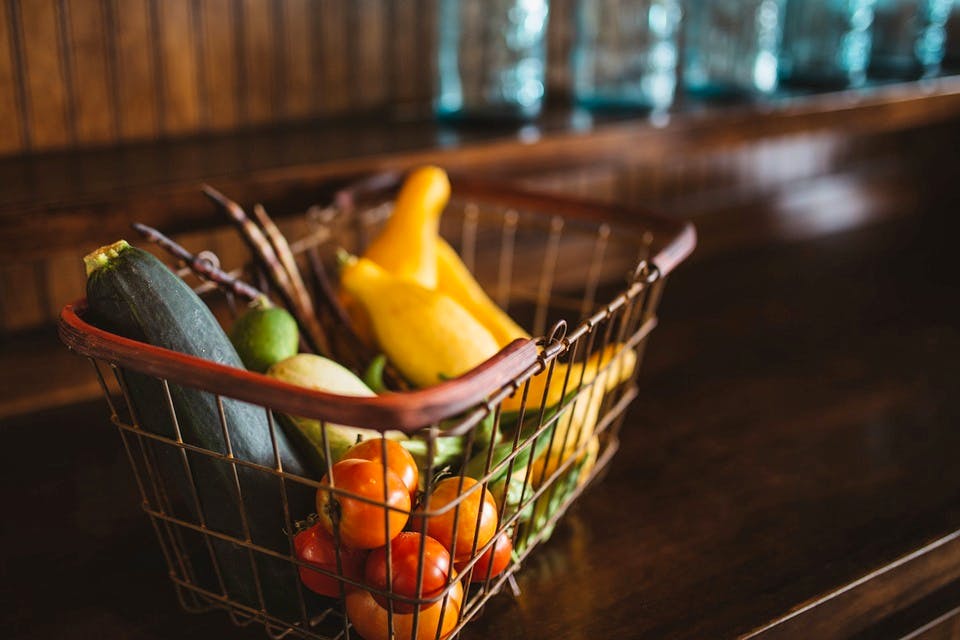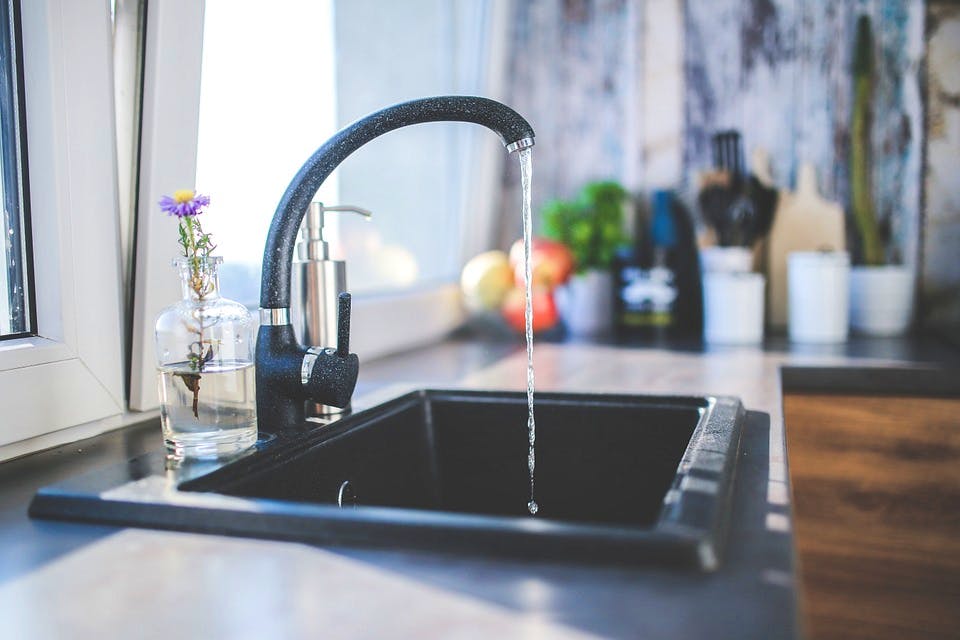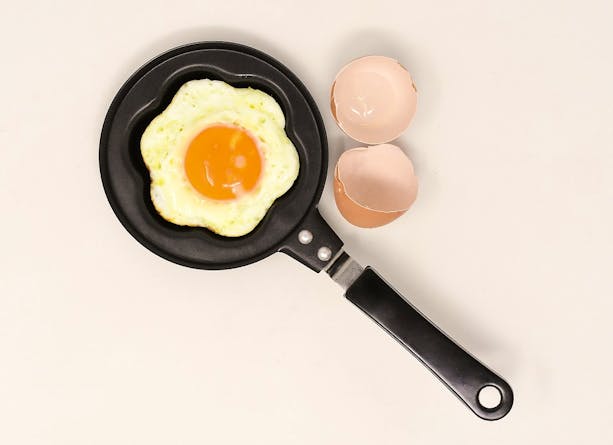Going Gluten Free? Here’s Our Advice…
You might have a gluten-intolerance, or you may want to say no to gluten for other health reasons.
Whatever your reason for gluten-free, we aim to make the transition as smooth as possible for you. Read on for our top tips:
Consider this: Lots of Foods Are Naturally Free from Gluten
Everything from meat, poultry, cheese and eggs are naturally gluten-free, so there’s no need to buy gluten-free substitutes for your weekday meals. Instead, research what you can have, and you may find there’s more to tuck into than you first realised.
Grains like buckwheat, corn, millet, tapioca and quinoa are also naturally gluten-free – just always check the labels to make sure you are buying uncontaminated versions.
Elsewhere, breadcrumbs can be substituted for polenta crumbs, and gluten-free rice noodles and pasta can form part of your everyday meals.

Alcohol Isn’t Always Gluten-Free
People often forget that many alcoholic drinks contain gluten, so pick carefully if you’re following a diet free from gluten.
Cider, wine, sherry, liqueurs and ports are gluten-free, but beer, lagers, stouts and ales aren’t suitable for those following a gluten-free diet. Do look out for gluten-free alternatives, though, in the supermarkets, as more and more companies are getting on board with our changing dietary preferences.
Check Food Labels
If you’re going gluten-free, it’s a good idea to get into the habit of checking food labels when you’re shopping. After all, what you might suspect as naturally gluten-free might contain gluten. Similarly, foods you thought contained gluten, might not. Scrutinize the labels while doing your weekly shop and you’ll be glad you did.

Don’t Avoid Eating Out
You can still head out for an evening meal with friends and family; just choose carefully. Coeliac UK’s online venue guide includes options on where you can eat – even Pizza Express offers gluten-free pizzas, so you won’t have to say no to your favourite food again.
Food Hygiene is Key
Be wary of cross-contamination when you’re cooking, as anyone suffering from coeliac disease – be it you or someone you’re preparing food for – can just as easily fall ill if ingredients containing gluten come into contact with the food they’re eating.

Minimise the risk of cross contamination by washing down kitchen surfaces before use. Make sure you also buy gluten-free spreads and jams to minimise the spread of crumbs. Avoiding the risk of cross-contamination will quickly become second nature once you start doing it.
Thinking of going gluten-free? Or maybe you know someone who is? Perhaps you have a recipe you’d like to share with our readers? If so, we’d love to see it; do feel free to comment on our blog post with your advice, too.
If you aren’t yet following the My Appliances team on Facebook, head here and make sure you do. You can join the cooking-related chat and be amongst the first to know about new offers or promotions, too. Plus, don’t forget to bookmark our lifestyle blog here.
Until next time…

